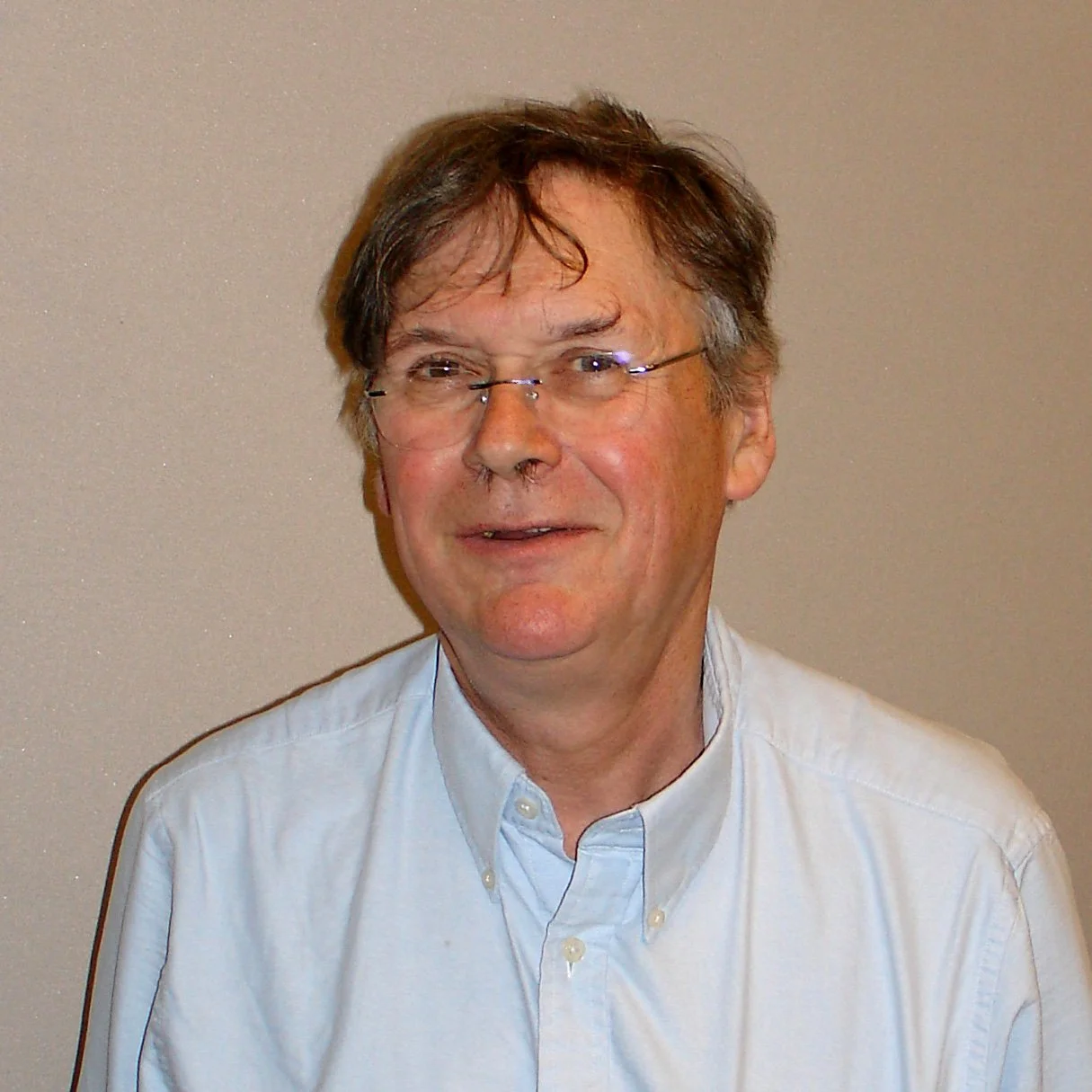Interviews with Nobel Prize Laureates
Interviewing Nobel Prize laureates offers a unique opportunity to gain insight into the minds of individuals who have made groundbreaking contributions to their respective fields. These interviews provide a platform for laureates to share their innovative ideas, experiences, and perspectives, offering valuable lessons and inspiration to current and future generations of researchers and scholars. By delving into the motivations, challenges, and triumphs of Nobel Prize laureates, we can not only celebrate their achievements but also glean valuable wisdom that can shape the future of scientific and academic endeavors. Furthermore, these interviews preserve a firsthand account of pioneering work, ensuring that their legacy endures for years to come. Ultimately, interviewing Nobel Prize laureates is crucial for preserving knowledge, fostering innovation, and providing guidance for the advancement of global scientific and academic pursuits.
Alan Macfarlane sits down with Nobel laureates from Cambridge to ask them about their lives and their work. Below are just a few people Alan interviewed over the years. A collection of interviews with Nobel Prize laureates is going to be published by Cam Rivers Publishing in 2024.
Aaron Klug
Klug discusses the challenges and triumphs that shaped his career, offering insights into the world of molecular structure and electron microscopy. This interview highlights Klug's contributions to structural biology and his enduring passion for scientific exploration, giving readers a deeper appreciation for the pursuit of knowledge.
John Gurdon
British biologist John Gurdon's 1960s experimented with frog cloning and cell nuclei laid groundwork for stem cell studies. In 2012, he won the Nobel Prize in Physiology or Medicine for showing mature cells can be reprogrammed. His work has revolutionised regenerative medicine and inspired future research.
John Sulston
John Sulston, a famous British biologist born in 1942, had a big impact on genetics and science. His research on the small worm improved our understanding of biology and affected the Human Genome Project. He believed in sharing scientific information openly and won the Nobel Prize in Physiology or Medicine in 2002. Sulston's ethical research and support for careful use of scientific knowledge are still remembered in the science world, even after his death in 2018.
Frederick Sanger
Frederick Sanger, a top biochemist and two-time Nobel Prize winner, had a major impact on molecular biology. Sanger's work revolutionised the understanding of DNA and proteins. His most important achievement was winning the Nobel Prize in Chemistry in 1958 for figuring out the structure of insulin, which advanced knowledge of hormones and diabetes treatment. Sanger received a second Nobel Prize in Chemistry in 1980 for developing DNA sequencing methods, which laid the groundwork for the Human Genome Project and helped researchers understand the genetic basis of various diseases.
Tim Hunt
British biochemist Tim Hunt's significant work in controlling cell growth and discovery of cyclins in the 1980s led to winning the Nobel Prize in 2001. He also advocates for increasing the number of women in science. He studied at the University of Cambridge, earning his Ph.D. in 1968.
John Walker
John Walker is a distinguished chemist whose groundbreaking research has revolutionised the field of biochemistry. His pioneering work in elucidating the enzymatic process of ATP synthesis has earned him the Nobel Prize in Chemistry. With a career spanning over four decades, Walker has made significant contributions to our understanding of cellular energy production, paving the way for the development of novel therapeutics targeting metabolic diseases. Walker's unwavering dedication to scientific inquiry has cemented his legacy as a luminary in the realm of biochemistry.
Sydney Brenner
Sydney Brenner, a renowned biologist and Nobel laureate, is celebrated for his groundbreaking work in molecular biology and genetics. Born in 1927 in South Africa, Brenner's research has paved the way for significant advancements in understanding the genetic code and the mechanisms of gene regulation. His pioneering studies on the roundworm C. elegans have provided crucial insights into developmental biology and neurobiology, earning him the Nobel Prize in Physiology or Medicine in 2002.
Andrew Huxley
Andrew Huxley, a British scientist, greatly helped us understand muscle movement and nerve signals. Born on November 22, 1917, in Hampstead, London. He won the Nobel Prize in 1963 for figuring out how nerve cells work with Sir Alan Hodgkin. His work is crucial for understanding muscle movement and nerve signals, shaping the study of physiology.
James Mirrlees
James Mirrlees (1936–2018), an esteemed Scottish economist, won the Nobel Prize for his influential research on information differences' impact on incentives and the optimal taxation of income. His work, including the groundbreaking 1971 publication, continues to shape economic theory and public policy. Notable institutions, such as the University of Cambridge and Nuffield College, benefited from his expertise.









